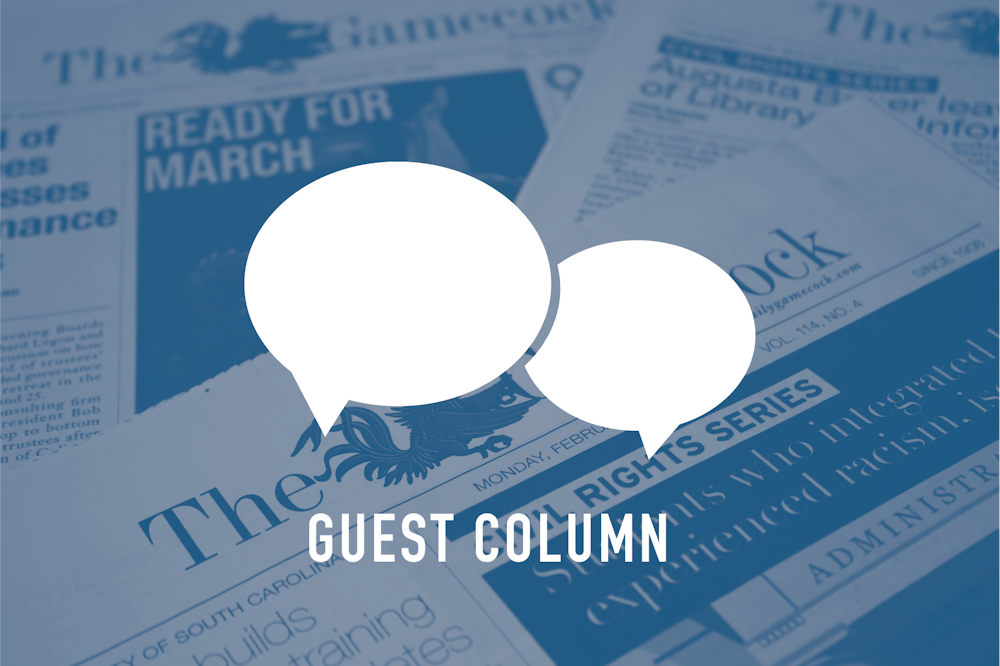To be Young, Gifted, and Black is said to be a “lovely, precious dream.” But what is it to be Young, Gifted, queer, and Black?
I am a Black, Queer, preacher’s kid, from a small town in South Carolina, classically trained dancer, and member of a historically black fraternity. For a while, I struggled to fantasize about that experience simply because I didn’t think it was possible to be all of those identities at once. Being young is of course temporary, and giftedness, like beauty, is held in the eye of the beholder.
However, my two remaining identities are permanent, non-subjective, and carry a world weight. And by weight I totally mean oppression, denial of basic human rights, and the erasure of one’s history and existence.
We often talk about Intersectionality — coined by Kimberlee Crenshaw that is the connection of social categorizations like race, class, and gender, how they apply to an individual or group, and how they create overlapping systems of discrimination. As I sat in the Interest Meeting to join my fraternity, I carried with me the fear that I wasn’t going to be offered an opportunity to join simply because of my queerness.
But why is that?
I know that black fraternities are heavily dependent on masculinity due to the emasculation of Black men during American slavery. So, why on earth would I think that I would be accepted into a fraternity that is so heavily dependent on the ideas of confirming and reinforcing Black masculinity?
At the time it was more important to me that I connected with Black men that I brought all of my blackness and hid all of my queerness. Despite my fear, I am a now a proud brother of Alpha Phi Alpha Fraternity, Inc and president of the National Pan-Hellenic Council here at U of SC. As a member of an organization that pledges a commitment to social justice and advocating for its’ communities, specifically the black community, I have felt that in order to forwardly advance the Black community I must lay my queerness aside. Almost as if Black queer individuals don’t exist, aren’t a part of the black community, or don’t experience racism or discrimination.
I struggled internally with the idea of advancing the black community and leaving Black queer issues out of the conversation of Black advancement and advocacy. However, Black queerness has always been at the forefront of Black advancement. Just one example being Bayard Rustin, civil rights organizer and activist, best known for his work as adviser to Dr. Martin Luther King Jr.
Rustin was involved in pacifist groups and early civil rights protests, and although he was arrested frequently for his open homosexuality, he continuously fought for Black equality. Now, here we are in June — a month that celebrates all things queer and also at the height of the Black Lives Matter movement started by queer Black women.
No one should have to choose to either fight for the equality of the LGBTQIA+ community or the Black community — especially when they identify as both. Through my experience I have found that the internal work matters. Building relationships and dispelling myths matters, but what good is it to make all of a person’s favorite foods and never offer them a seat at the table? Us Black queer people have pride and a lot of it, but can we now project it?

